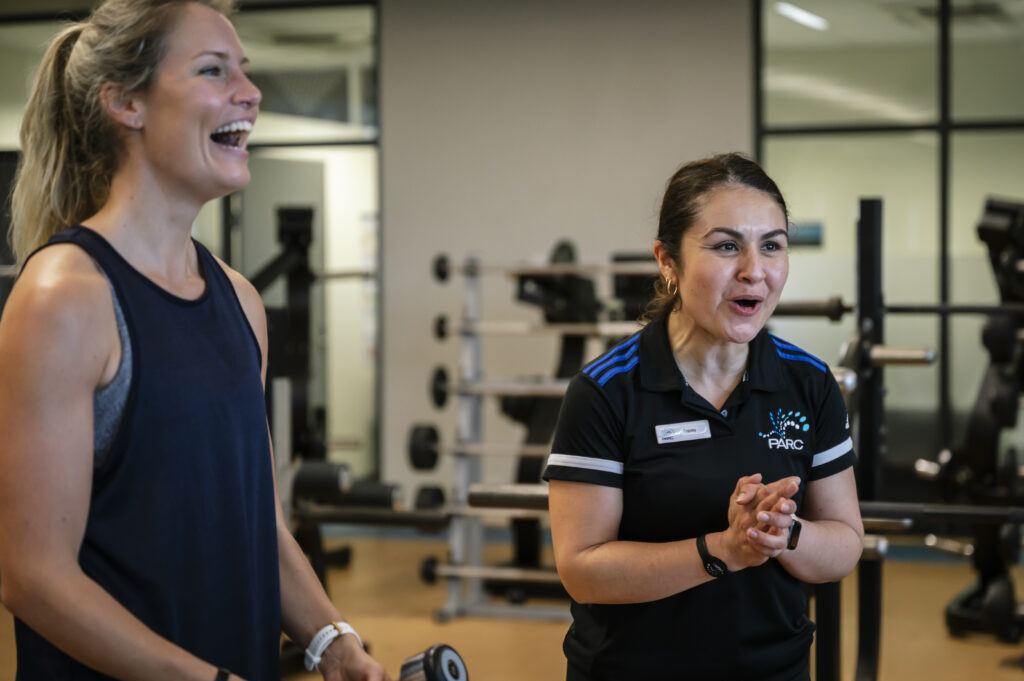How to start a self-care plan that sticks
A lot of self-care advice is focused on lists of things to do. But before we jump into list making, it can be helpful to remind ourselves of self-care essentials: compassion for ourselves, knowing our boundaries, and bringing that sense of awareness with us as we approach the world.
We can use mindfulness to help us develop these essentials, as well as to build one of the most important habbits in self-care: to listen to our mind and body. If we speak to and treat ourselves gently and with kindness for whatever we need in that moment, we can be more honest with ourselves about what self-care ideas support us best. By approaching ourselves without judgment and practicing self compassion, we might realize the self-care we’ve enjoyed in the past may not be helpful this time around. On the other hand, we might never have been drawn to certain self-care ideas until this very moment.
There are a few more basics that are fundamental to our well-being: eating, resting, and moving our body. Especially in diffcult times these essential practices are all the more important to help us feel our best. If we’re not starting from a healthy place, we can’t move on to discover new self-care practices that may benefit us. So maybe today, that means we need to work on one of these key areas first: focusing on mindful eating to take the time to be present while we nourish our body; ensuring that we’re getting enough rest, both when we close our eyes at night and when we recognize that our body needs a break; and exercising if and how we’re able to, whether that’s regular workouts or stretching at home.
If we’re set with the fundamentals, that’s reason enough to celebrate an important self-care practice that we’ve already established. And if we’re ready to add more, the care can continue.
3 self-care practices to try
Remember the “self” in self-care. We each come to it with our own perspective, and it’s not a one-size-fits-all kind of practice. Still, we can try these self-care ideas if we’re looking for a place to start experimenting until we find what works for us.
- Meditation.
Yes, it’s an obvious one, but it’s worth a reminder if it’s not already part of our self care practice, or what we consider to be self-care. The benefits of meditation are well-known: reduced stress and anxiety, and increased focus and positive emotions. So when we sit in the present moment without judgment, we’re also taking time to care for our mind and in turn, ourselves.
- Play.
Many of us lose a sense of fun and play as we grow older, but it can be freeing and even connected to imporved physical health. research also shows that laughing is linked to reduced stress, tension, and anxiety, suggesting that it’s a valid form of self-care all on its own.
- Gratitude.
The simple act of writing one or two things we’re grateful for each day can help us avoid getting caught up in life’s frustrations, and recognize instead that we’re grateful for all that we do have. We might also find that when we take the time to make gratitude a part of our self-care routine, we can be grateful for that routine itself.
So where do we go from here? All that’s left is to try, taking our time to experiment with different forms of self-care until we establish a practice that works for us.







